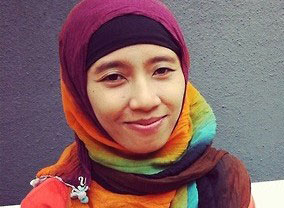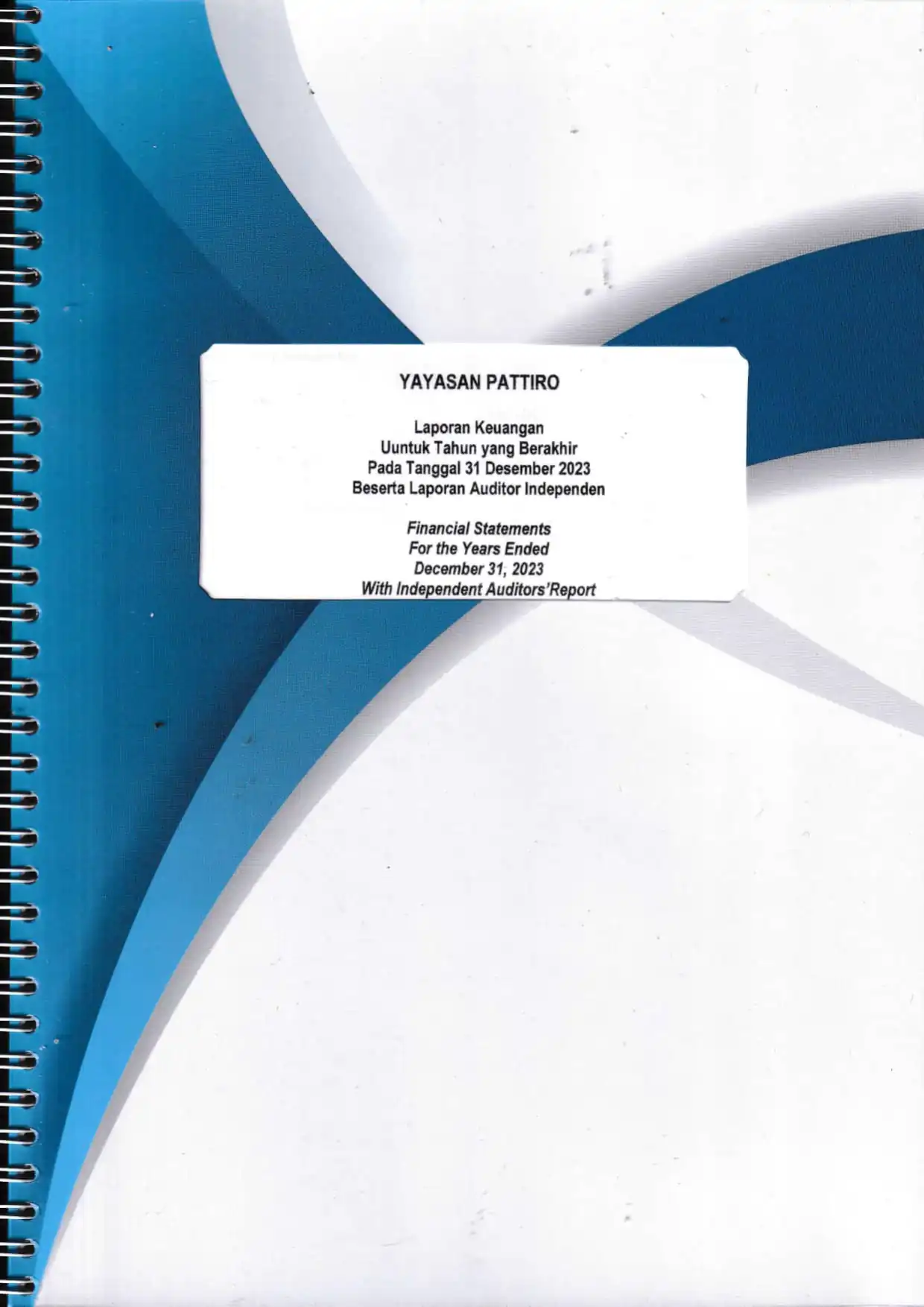On 19 April 2013, the Open Government Partnership (OGP) officially announced three representatives from civil society who were elected as the OGP Steering Committee. One of them is the Indonesian representative, Maryati Abdullah from the civil society organization Publish What You Pay (PWYP). Two other representatives are Alejandro Gonzalez from Gestion Socialy Cooperation (GESOC) Mexico, and Veronica Cretu from CMB Moldova. The election of Maryati Abdullah brings pride to the Indonesian nation, considering that OGP is a global movement that currently has 58 member countries.
The selection for the members of the OGP steering committee was quite tight, 24 candidates from various countries competed for 3 places on the OGP steering committee. Six candidates are from Latin America, 2 from North America, 4 from Africa, 5 from Asia and 7 from Europe. Of these 24 candidates, eight are women.
The selection committee itself consists of 5 people: Galib Abasov (National Budget Group, Azerbaijan), CR Hibbs (Stanford University’s Center for Philanthropy and Civil Society, US/Mexico), Tom Blanton (NSA, US-leaving the SC), Rakesh Rajani ( Twaweza, Tanzania – remaining on the SC) and Paul Maassen (Hivos, Belgium/Netherlands).
In general, the OGP steering committee consists of 9 government representatives and 9 civil society representatives. Their role is to develop, promote and uphold OGP’s values and principles. They also play a role in setting the main ideas, policies, rules in the partnership, including overseeing the OGP movement. This position is very important, because as the spearhead of the movement, they are not only trying to sharpen OGP policies, but are also expected to be able to build stronger civil society participation at the national level. “The Steering Committee from elements of civil society both at the international and national levels has a very important role, especially to ensure the active involvement (engagement) of civil society in the Open Government initiative,” said Maryati in response to her new assignment.
The figure of Maryati Abdullah is well known, especially in the transparency and anti-corruption movement in Indonesia. Apart from his role as the national coordinator of the PWYP movement, he is also experienced in the fields of information disclosure, open budgets, extractive industries, transparency of natural resources, and other strategic issues such as democracy and good governance. Prior to being active in PWYP, since 2008 he has been a member of PATTIRO (Regional Research and Information Center) – a non-governmental organization that promotes good governance and enhances decentralization, which is also part of the Open Government Indonesia core team.
The election of Maryati to represent Indonesian civil society is expected to encourage public participation in this movement. Maryati’s experience, which has been involved in the issue of information disclosure, is also hoped to be able to bridge and strengthen collaboration between all stakeholders, both government and civil society. His contribution as one of the spearheads of OGP policy makers should be able to further strengthen the system that supports government transparency and strengthen people’s understanding of the importance of public participation. “It is important for the community to be involved, so that countries’ commitment to this global initiative has measurable and significant results for transparency and accountability of governance,” said Maryati. With his involvement, it is hoped that the interests of the Indonesian people can continue to be fought for both at the national and global levels, and the participation and aspirations of the people will be more easily accommodated.





